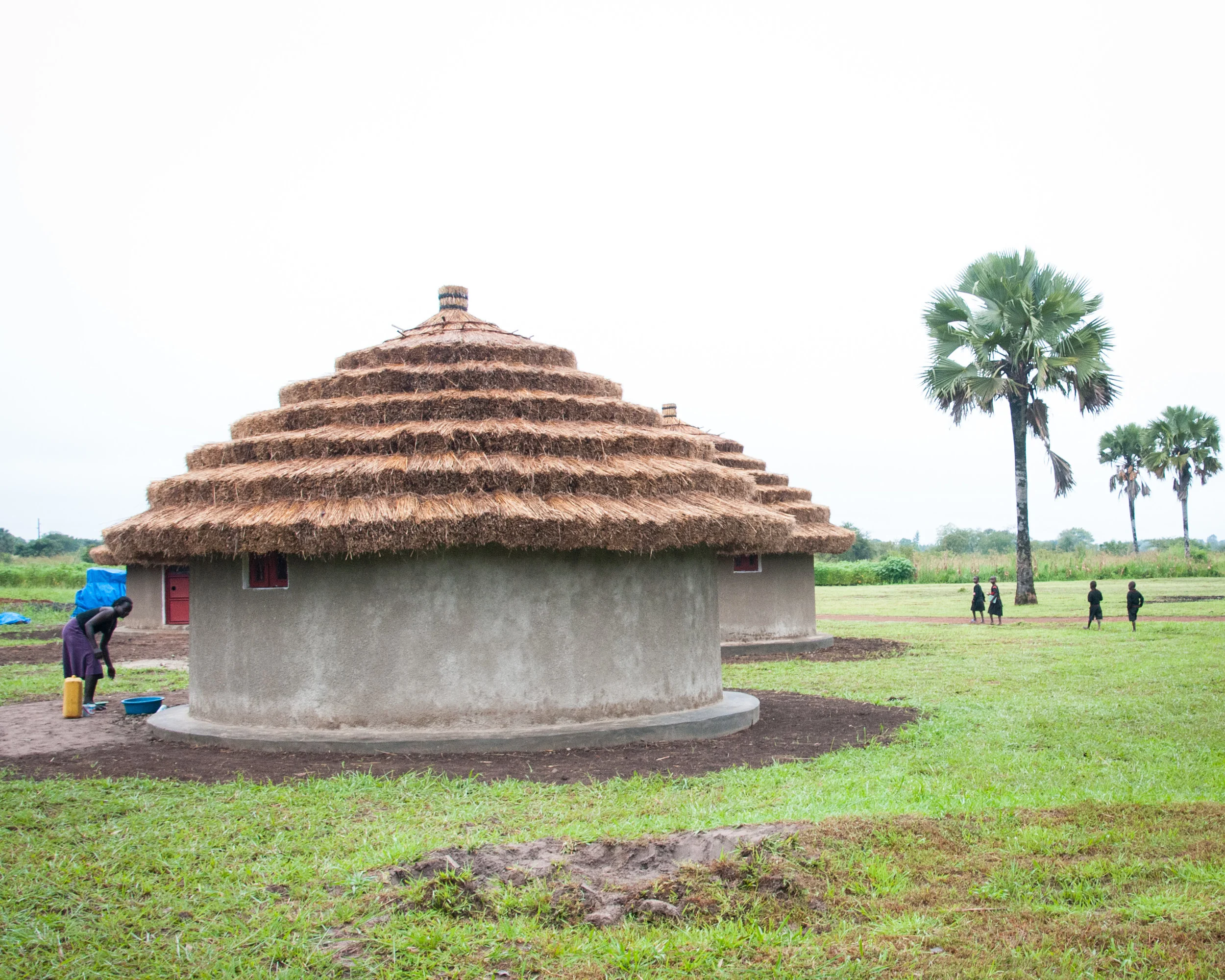How long is the flight to Uganda?
It depends on where you fly out of; generally speaking, once you leave from an international airport (Logan in Boston, JFK, etc.), it’s roughly 20–24 hours of travel, including at least one layover (usually somewhere in Europe) before you will reach the airport in Entebbe, Uganda.
Will I be given information about the area and what to expect before I arrive?
Yes! All team members go through an orientation process where they are briefed on their trip in terms of what to expect and facts about the region they will be traveling to/living in. You will be given various resources including materials on regional history, war and conflict issues, politics, the history of ChildVoice and how we began. You’ll also receive a packing list and tips on how to prepare for your stay in Uganda.
What immunizations/medications do you suggest beforehand?
Yellow fever vaccination and anti-malarial drugs are required by the CDC. Others vaccinations either are required or strongly suggested, depending on the length of your stay and the type of work you’ll be doing there. Please note that yellow fever vaccine can cost in the $150-$350 range without insurance. Anti-malarial drugs typically run less than $100 without insurance.
Are there any dress requirements for team members and interns?
Yes. Out of respect for the local culture, women should plan on wearing skirts that hit below the knee or modest summer dresses. Men will need to wear long slacks and should plan on lightweight shirts with sleeves. No low-cut tops/shirts are allowed for men or women. Comfortable sneakers and/or walking sandals make for the best footwear.
Do they speak English in Uganda? Will I have trouble communicating?
English is the official language in Uganda; however, not all Ugandans speak it fluently. The local tribal language in Gulu (the region where the Lukome Center is located) is Acholi, Luo. We also have students from South Sudan who speak their own tribal language as well as Arabic. Most of the staff speaks English.
Can I bring anything over for the girls and their children (small gifts, clothes, toys, etc.)?
To avoid creating dependencies and fostering jealousy within the program at the Lukome Center and the community, which would place the girls and their families at risk, ChildVoice does not allow gift giving. This includes both monetary and material gifts. ChildVoice does, however, accept donations on behalf of the program, but requires that all donations go through the proper channels and not be given directly to the students.
What will the living conditions be like during my stay (sleeping, bathroom, etc.)?
In order to have an immersive experience, you and other team members will stay in traditional Ugandan huts constructed with brick walls and grass-thatched roofs. Bunk beds are provided, along with bedding. Depending on the number of team members, you will most likely be sharing your hut with others. There is no electrical power in these housing units, but a solar lamp is provided.
The campus uses ECOSAN composting latrines.
What type of food might I expect to eat? Are any arrangements made for special dietary needs?
You’ll be enjoying a typical Ugandan diet during your stay. This includes rice, beans, cassava (starchy potato-like vegetable), posho (ground corn or cassava flour mixture), lentils, seasonal fruits and vegetables, and some meat and fish. Limited adjustments for food allergies can be made with prior notification. You can expect to have boiled water or tea for beverages. If you like, you’re welcome to bring any additional spices or powdered drink mixes for your team.
What is a typical day like at the Lukome Center?
There are many activities going on at the Center on a daily basis. Major programs include those for the students; weekdays they are attending various classes, counseling sessions, sports programs, vocational training, and worship and chapel. The Center is a typical “home” for many people; during off-hours, you’ll see students (and some staff) doing chores, taking care of their children, working on the farm, fetching water, washing clothes, relaxing, and playing with others.
Also, the students’ children are in class/nursery during the day. There is constant activity on the farm with livestock and crop production.
What might I expect to be doing while I’m there?
We strongly encourage our visitors to observe and get involved in the daily ChildVoice activities. Every trip looks a bit different, but you should expect to be part of the day-to-day activities while at the Center. This means anything from getting your hands dirty at the farm to fetching water with the students and doing other chores. You’ll also be able to sit in on classes and participate in nightly worship services. Then there are other opportunities to learn about the program and Ugandan culture and history through discussion and interaction with ChildVoice staff, local leadership, and other regional NGOs.
Will I have the chance to do something meaningful for the girls and their children while I’m there?
Each team is uniquely formed with a different set of skills and goals. We encourage service and learning within these trips; the idea is that you and your team are going over to offer up your time and personal expertise, as well as be present and active learners.
Most teams go over with specific projects and/or activities in mind that add value to the Center or bless the students and staff in some way. Some individuals use their personal skills (art therapy, dance, medical, education, farming) while at the center in terms of consulting.
Will I have a chance to see any other areas of Uganda?
Most likely yes, as many teams go on safari to Murchison Falls National Park, located on the Nile River. All teams will drive by Lake Victoria and through Kampala on their way to the Lukome Center.
What opportunities will there be for me to speak about ChildVoice to my church or community after I return home? Will ChildVoice provide materials?
Once you return home from visiting the Lukome Center, we strongly encourage you and your team members to become advocates and ambassadors for ChildVoice within your networks. After all, you have experienced the program first-hand! It’s often more effective for you to set up times to address your church and/or community directly when sharing your personal experiences. ChildVoice will assist in any way possible with materials, photos, and PowerPoints for presentations.

